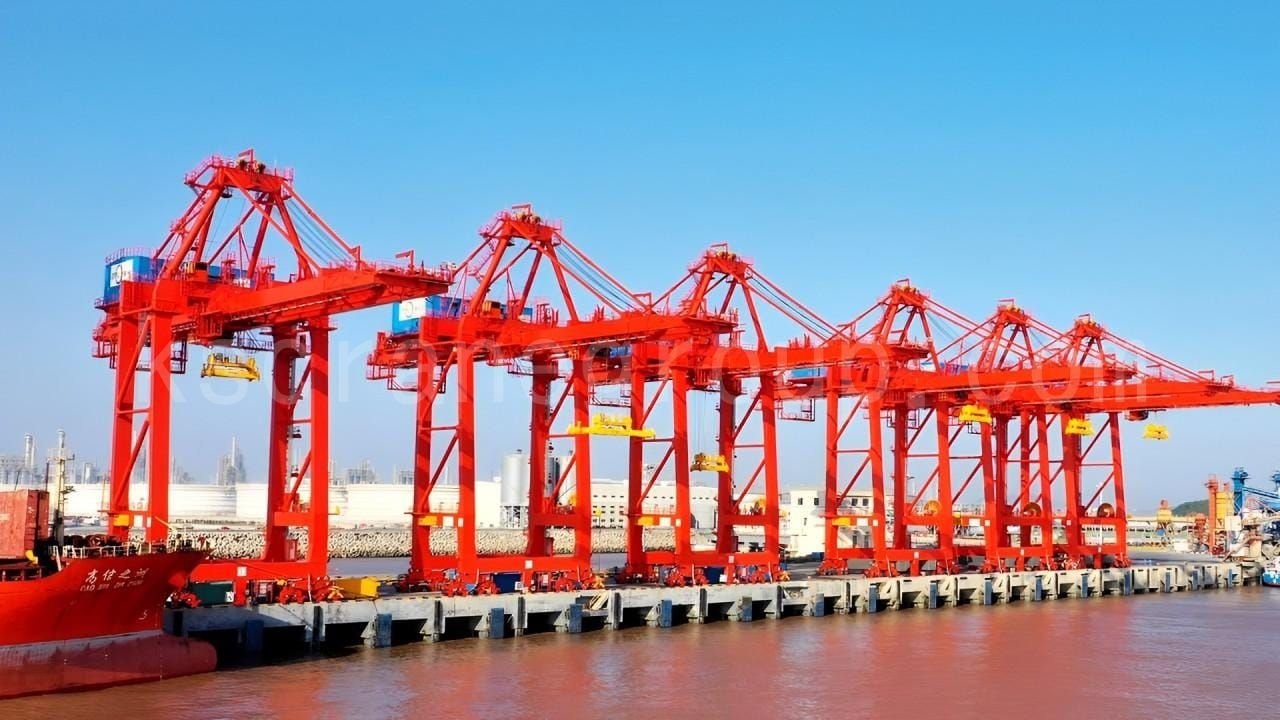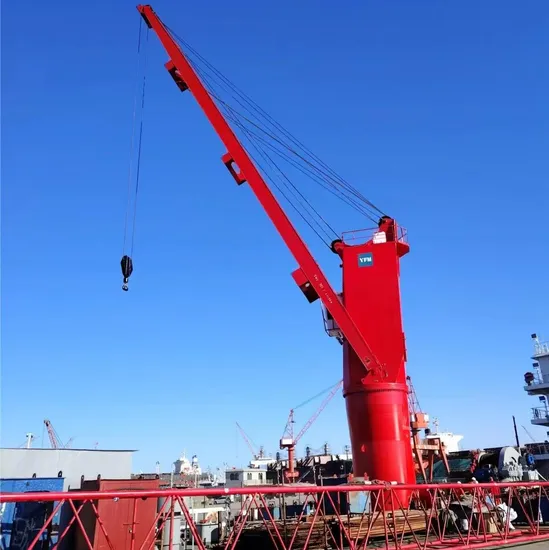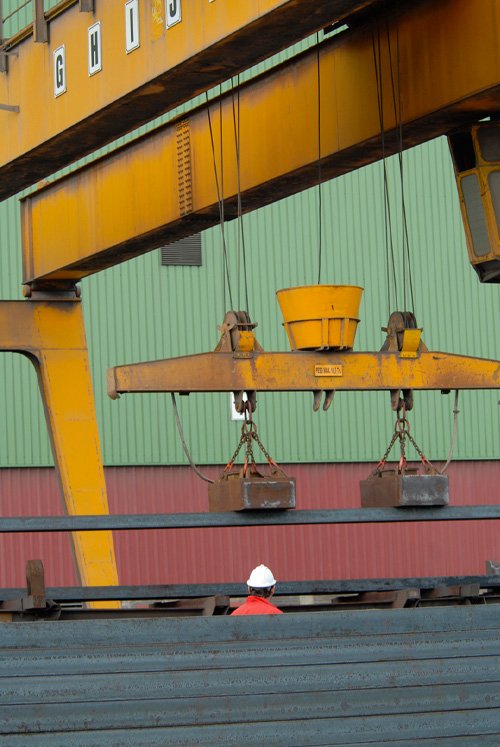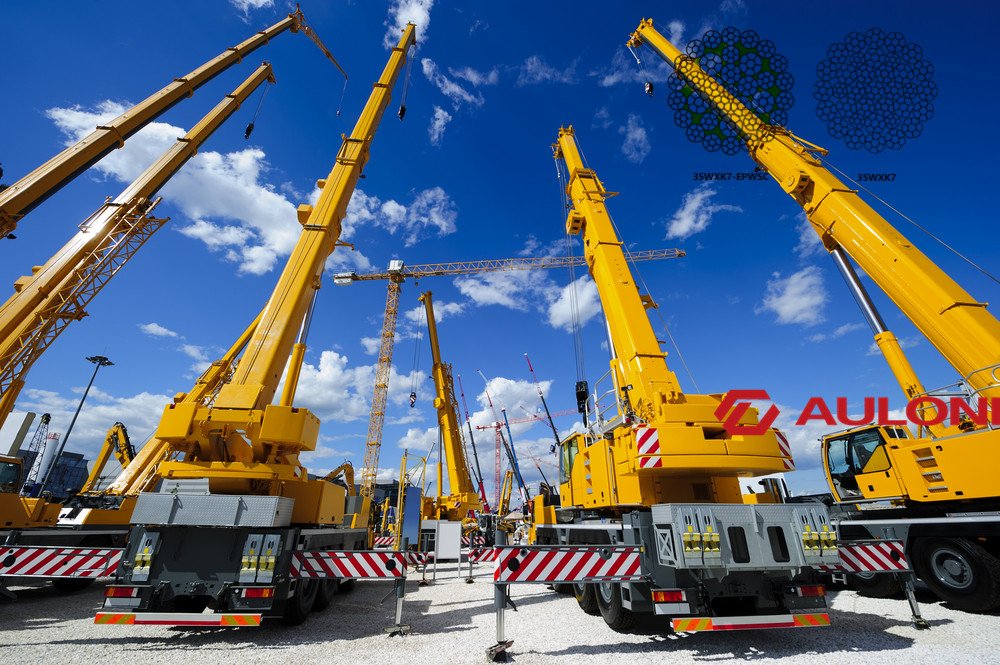
Do you need a strong rope for your work? Is nylon the best choice? Many people wonder about rope strength. This is a common and important question.
Nylon rope is very strong. It has high tensile strength. It also stretches well. This makes it a good choice for many jobs.
Let me tell you about a time I helped a client. They needed a specific type of rope. It was for a tough pulling job. They thought nylon was the only option. I showed them other strong ropes.
What makes a rope strong?
Do you know what makes a rope strong? It is more than just material. Many things affect how strong a rope is.
A rope’s strength comes from its material. It also depends on how it is made. The construction and size are important too.
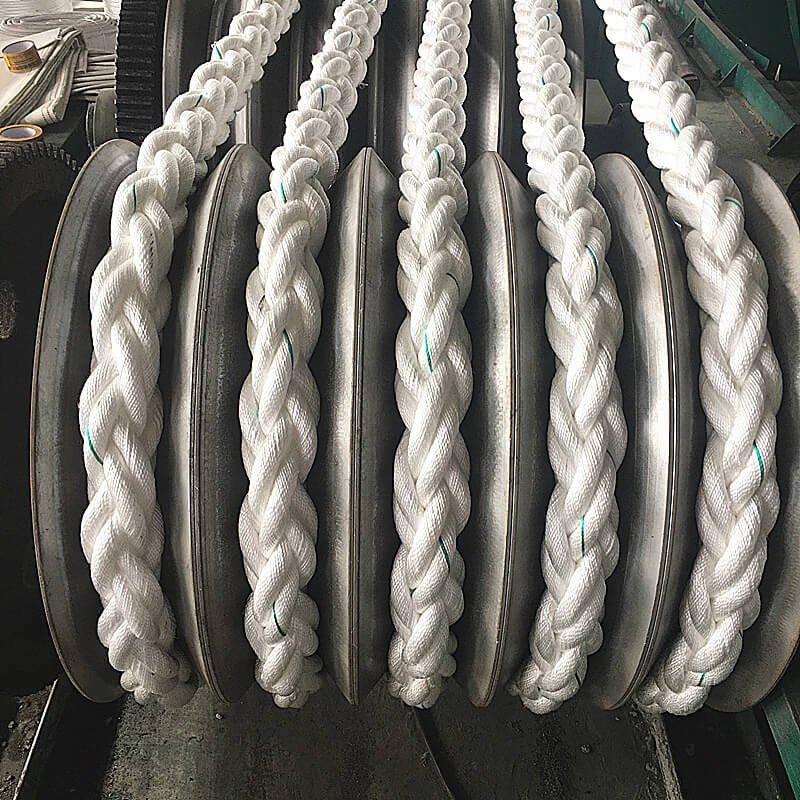
Dive Deeper: Understanding Rope Strength Factors
When we talk about rope strength, there are key elements. I have seen this often in my factory. We make many types of ropes. Each one has a specific strength purpose.
Material Type
Different materials have different strengths. For example, some materials are good for pulling. Other materials are better for holding weight. We use steel, synthetic fibers, and more.
| Material Type | Typical Strength (Relative) | Common Uses |
|---|---|---|
| High-Carbon Steel | Very High | Cranes, heavy lifting |
| Nylon | High | Mooring, towing, general utility |
| Polyester | High | Lifting slings, industrial use |
| Polypropylene | Medium | Fishing, light duty |
| UHMWPE (Synthetic) | Extremely High | Specialized rigging, high-tech use |
Construction Method
How a rope is put together matters. Braided ropes are often flexible. They are also strong. Twisted ropes are usually simpler. They can hold heavy loads too. Our ropes are made with precision. We follow strict standards. This makes sure they are strong.
Diameter and Lay
A thicker rope is usually stronger. This feels like common sense. The way the strands are laid also affects strength. A good lay makes a rope stable. It also makes it stronger.
Environmental Factors
Heat, cold, and chemicals can affect rope strength. A rope might weaken over time. This happens if it is used in harsh conditions. We produce ropes that can withstand many environments. For example, some have plastic impregnation. This protects them.
Is nylon stronger than other ropes?
You might wonder if nylon is always the strongest. It is strong, yes. But it is not always the best for every job.
Nylon is stronger than many natural fiber ropes. But some specialized synthetic ropes are even stronger.

Dive Deeper: Comparing Nylon to Other Ropes
I work with many clients. They often ask about rope comparisons. They want the best rope for their needs. Here is how nylon compares.
Nylon vs. Natural Ropes (e.g., Manila, Sisal)
Nylon is much stronger than natural ropes. It lasts longer too. Natural ropes rot and weaken faster. They do not handle water well. Nylon handles water and harsh weather much better.
Nylon vs. Polyester Ropes
Nylon and polyester are both strong. Nylon stretches more. Polyester stretches less. This stretch makes nylon good for shock loads. Polyester is good for static loads. It also resists sunlight better than nylon. We make both types. We can help you pick the right one.
Nylon vs. Ultra-High Molecular Weight Polyethylene (UHMWPE)
UHMWPE is made from specialized synthetic fibers. It is much stronger than nylon. It is also lighter. We make customized ropes. These can be very strong. UHMWPE is often used for heavy lifting. It is also used where lightness is key. For example, in marine use, it is very popular.
Nylon vs. Wire Ropes
Wire ropes are made of steel. They are very strong. Much stronger than nylon for the same size. Wire ropes are used for cranes and elevators. They handle extreme loads. Nylon cannot carry the same weight as steel wire rope. But nylon is flexible. It is also lighter. We make both wire ropes and synthetic ropes. This includes specialized assemblies.
When should you use a nylon rope?
Knowing when to use nylon is important. It is good for specific tasks. Not all tasks.
You should use nylon rope when you need strength and stretch. It is good for mooring, towing, and absorbing shocks.

Dive Deeper: Ideal Applications for Nylon Rope
My clients in Singapore, Russia, and Australia often use nylon. They use it for many different things. Here are common uses.
Marine Applications
Nylon is excellent for boats. It works well for mooring lines. It also works for anchor lines. Its stretch helps absorb shock from waves. This keeps the boat from snapping its lines. It handles saltwater well.
Towing and Recovery
If you need to pull something, nylon is often a good choice. Its elasticity reduces sudden jerks. This protects both the pulling vehicle and the pulled object. For example, vehicle recovery straps are often nylon.
General Utility and Home Use
Nylon rope is common in many homes. It is used for clotheslines. It is also used for tie-downs. Its strength makes it reliable for daily tasks. It resists rot and mildew. This makes it last long.
Climbing and Safety (with caution)
Some climbing ropes are made of nylon. They are designed for safety. They stretch to reduce impact forces during a fall. But, these are highly specialized. Do not use regular nylon rope for climbing. Always use purpose-built climbing gear.
Industrial and Construction
Nylon is used in many industrial settings. It is used for lifting slings. It is also used for general rigging. Its strength and stretch are valuable here. We provide customized solutions for our clients. We make sure the rope fits the job. For example, we offer ropes compliant with EN12385-4.
How to choose the right rope for your needs?
Choosing the right rope is key. It means safety and efficiency. It also saves money.
To choose the right rope, consider what you are lifting. Think about the environment. Look at the needed strength and stretch.

Dive Deeper: Making the Right Rope Choice
I always tell my clients to think carefully. Picking the wrong rope can be costly. It can also be very dangerous.
Understand the Load Requirements
How heavy is the item? Will it be still or moving? This tells you how much strength you need. It also tells you if you need a lot of stretch. Our ropes have high breaking loads. We can provide certificates like BV & CE.
Consider the Environment
Will the rope be wet? Will it see heat or cold? Will chemicals touch it? These factors affect rope life. We offer plastic impregnated ropes. We also offer galvanized ropes. These are suited for tough conditions. For instance, my client Andri from Australia needed ropes for harsh mining environments.
Evaluate Stretch vs. Static Hold
Do you need the rope to stretch? Or do you need it to stay firm? Nylon stretches a lot. Polyester stretches less. Wire ropes stretch very little. This is a very important difference. This impacts how the rope performs.
Check for Certifications
For demanding jobs, certifications are vital. They show the rope meets quality standards. We can provide RMRS, DNV, and ABS certificates. This gives clients confidence in our products.
Consult with Experts
I offer free advice to my clients. It is always good to talk to someone who knows ropes. We can help you pick the best rope. We look at your specific needs. Our factory has four production lines. We export to many countries. We have a lot of experience.
Conclusion
Nylon rope truly is strong and versatile. But it’s not the only strong rope out there. There are many other excellent choices. Choosing the right one means knowing your needs.


